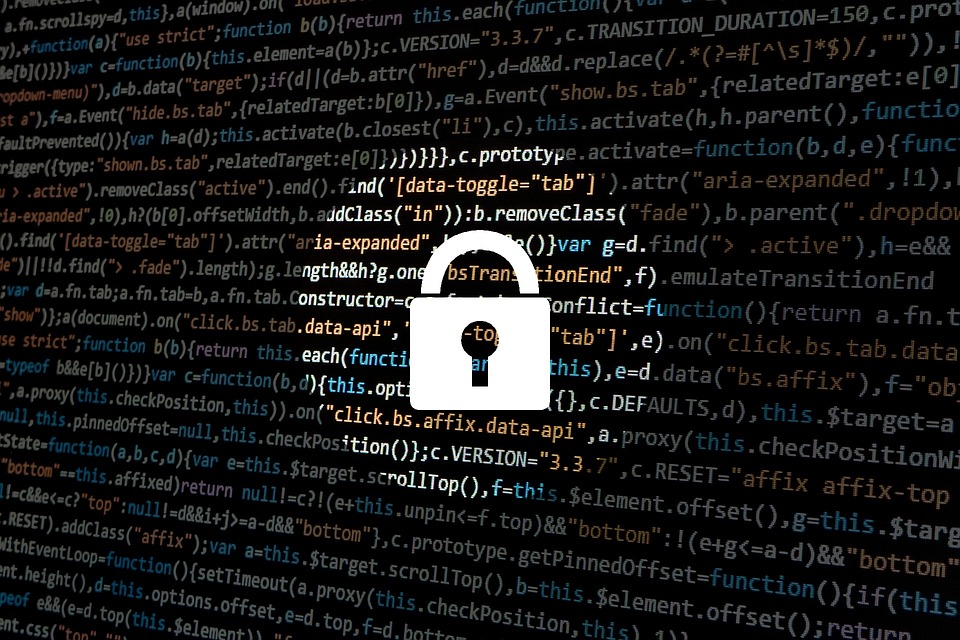
How worried should you be about the privacy of your messages? If you’re not concerned, maybe you should be. And if you are concerned, you’re probably using a messaging app with end-to-end encryption. Or are you? Just how safe is the messaging app you’re using? There are many popular ones out there, including iMessages, Whatsapp, Signal and even Kik. Although, I’m not really sure why that last one is even an option. But that’s not the point of today’s post. So let’s look at how well your messages are protected.

iMessage: iMessage has end-to-end encryption built in as a default. So if you’re sending to someone else who is also using iMessage, then only you and the recipient can view the message. Apple doesn’t have the ability to view your messages. But the drawback is if you’re messaging to a non-iOS user, as it will be sent as a text message. And text messages, my friends, are not encrypted. Apple has taken a lot of steps to ensure that the messages sent through iMessage are protected, but this is an on-going battle. Making it a good option from a privacy stand-point, but also recognizing that the software isn’t immune to hacks.

WhatsApp: WhatsApp is one of the most popular messaging apps out there. But until recently, it had some serious privacy issues associated with it. While WhatsApp does have end-to-end encryption, it’s unclear if it’s “true” end-to-end encryption. Meaning, there have been some reports of being able to access WhatsApp messages, but there is a lot of different information out there. Making it difficult to verify. That being said, WhatsApp has added a two factor authentication process. Requiring users to access their account through a six digit code. But what is confusing about this is that it’s only required about once a week. Sure, that makes it less cumbersome from a user perspective, but someone could have access to my account for five days before anyone notices? WhatsApp is a favourite among users because of it’s ability to operate across platforms.

Signal: Signal is known mostly because of it’s praise by Edward Snowden. And it seems to have become popular since Donald Trump took office. There doesn’t seem to be anything negative about Signal, other than it might be slow on occasion. By all accounts, it sounds like the go-to app when you’re concerned about privacy.
So what about messages through social media accounts? Well, for the most part these don’t utilize end-to-end encryption, which means that the owners of the platforms as well as law enforcement can view your messages. And really, is there an expectation of privacy among these platforms? Are you sending information over Twitter that you would need to secure? I mean, I’m not, but maybe I’m more aware of the implications. Or maybe I’m just not that exciting. Either way, I think people need to better understand what platform they are using, and who could access their information.
Maybe the bigger concern we should have with these other platforms – like Twitter, and I’ll even throw in Instagram – is not from a law enforcement perspective. But we should consider that Twitter might be giving (or selling) our information to advertisers. So maybe you’re not worried about law enforcement agencies reading your posts, but you might want to think twice about how your information is being used. And if you don’t care, then that’s fine too. But it pays to know about the app or platform that you’re using, and then make a decision based on that information.
